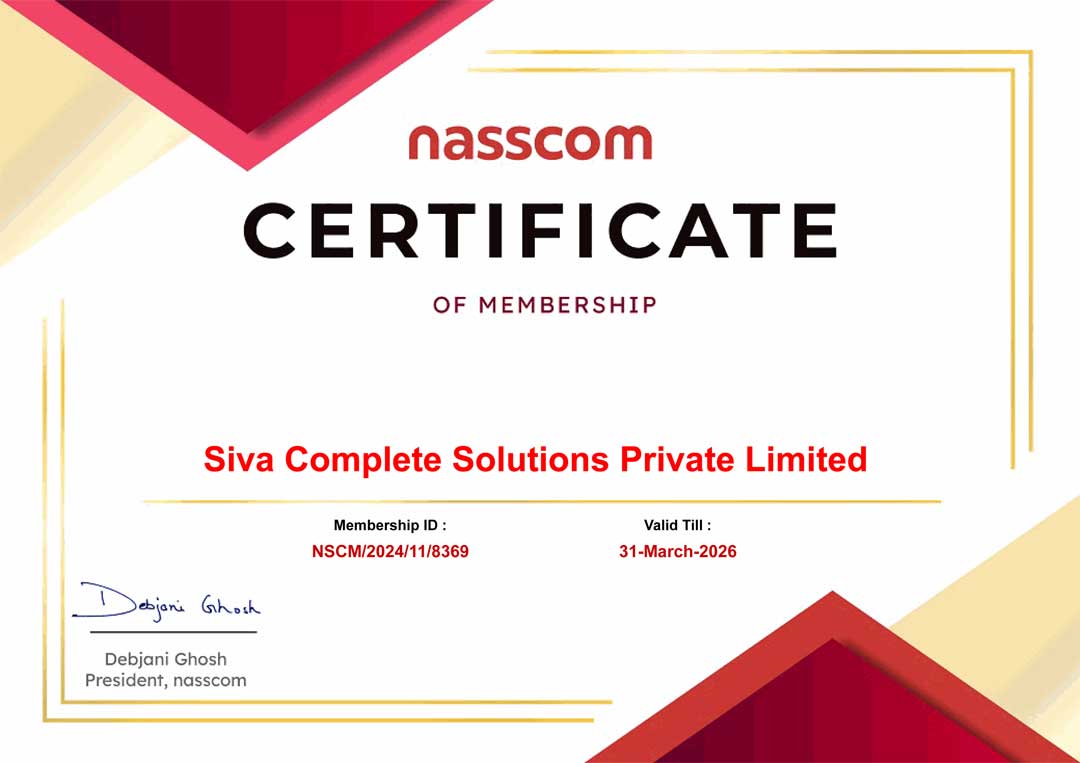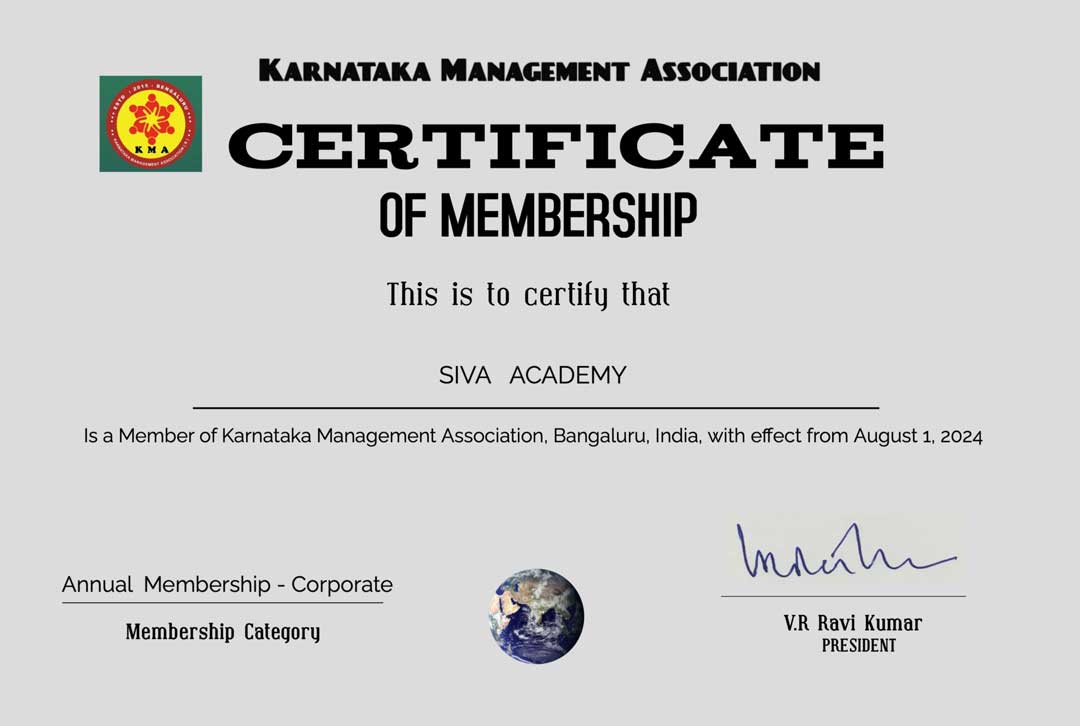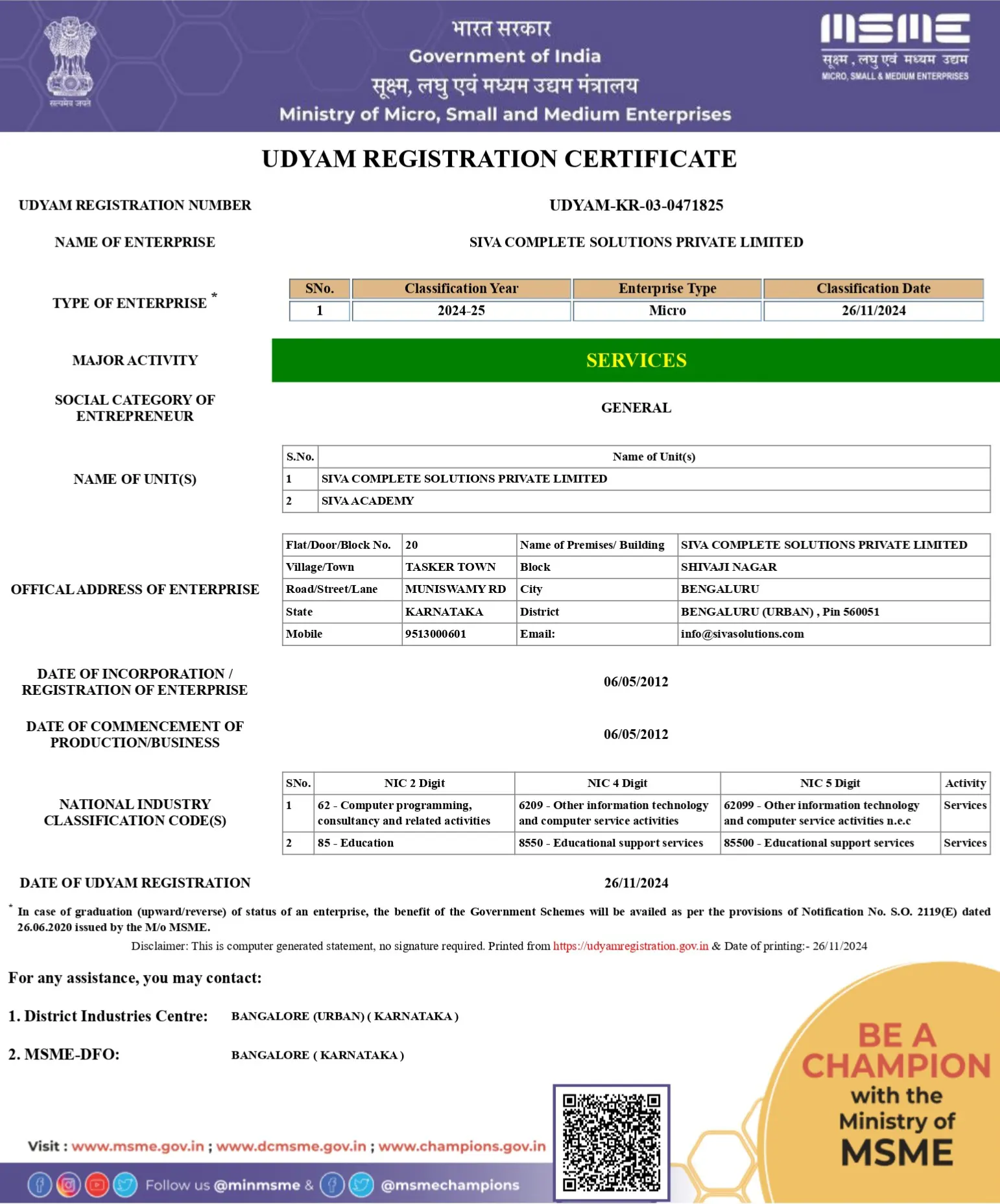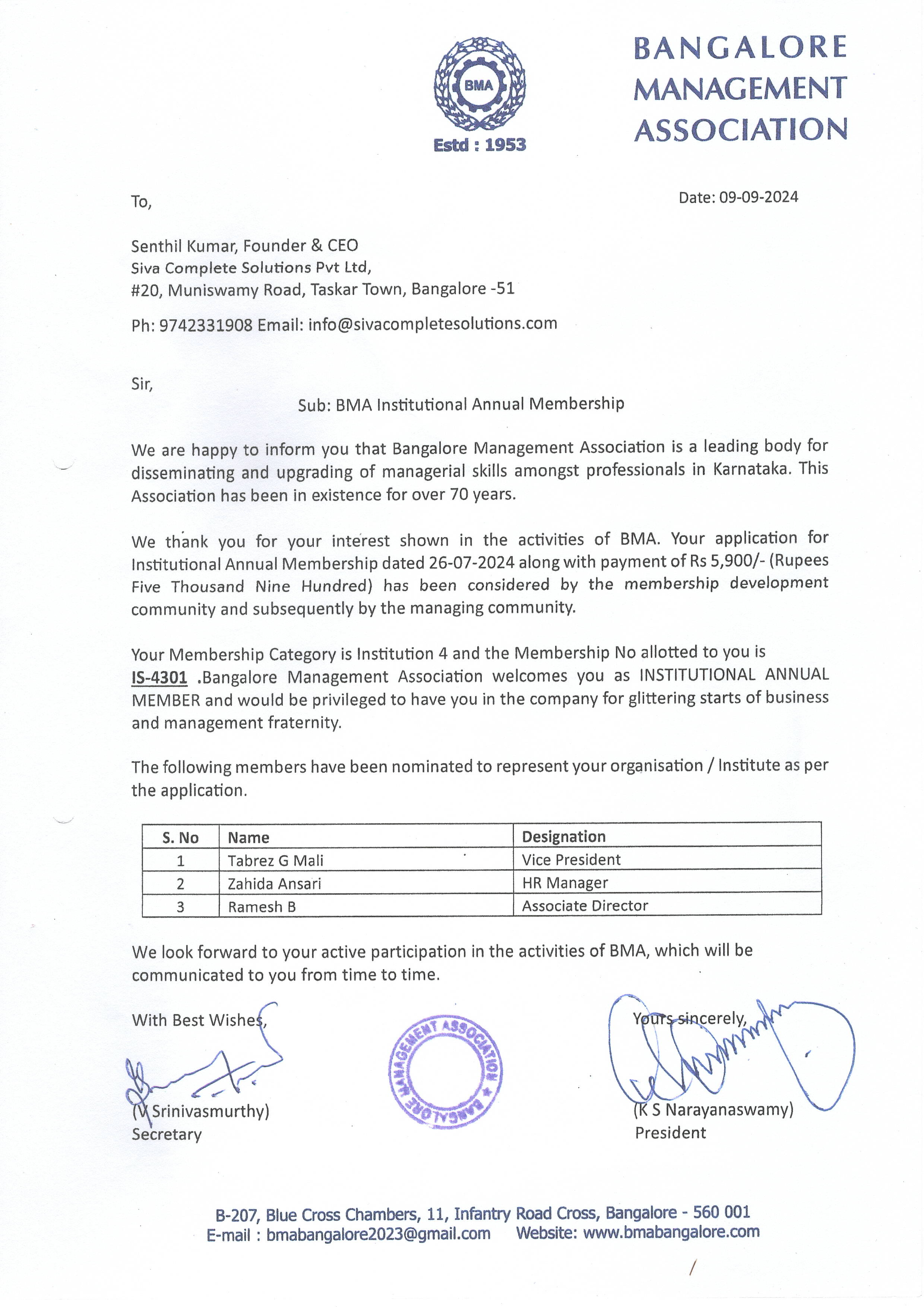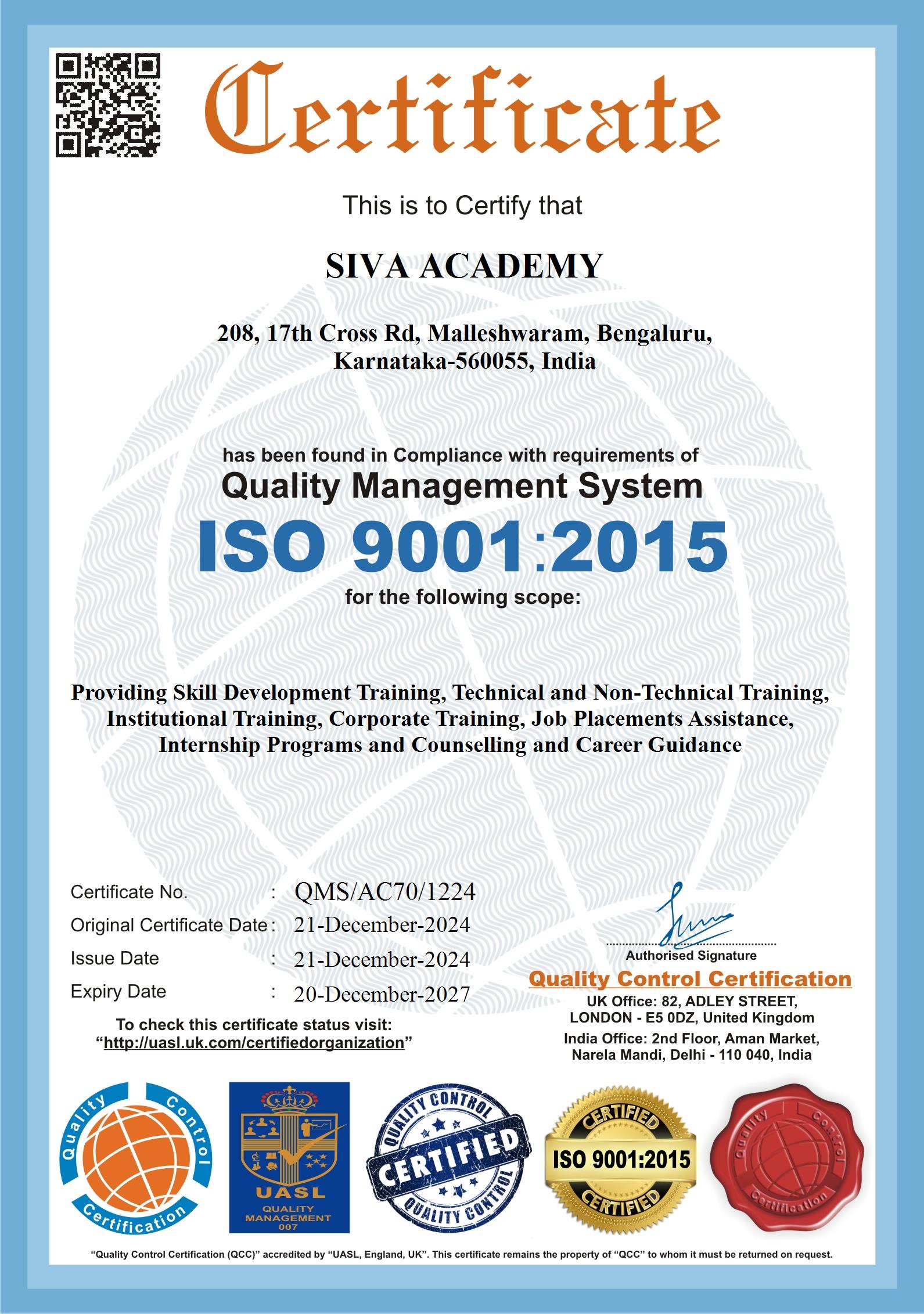
Course Overview:
Protect organizations from cyber threats with our cybersecurity course. Learn about network security, ethical hacking, cryptography, and more. Gain practical skills through simulations and real-world scenarios.
Duration: 3+1 months
Introduction to Cybersecurity
- Cybersecurity concepts and terminology
- Evolution of cybersecurity threats
- Legal and ethical considerations
Information Security Foundations
- Principles of information security
- CIA Triad (Confidentiality, Integrity, Availability)
- Security policies and best practices
Cryptography
- Basics of cryptography and encryption algorithms
- Symmetric and asymmetric encryption
- Digital signatures and certificates
Network Security
- Network security architecture basics
- Firewalls, IDS, and IPS
- Secure network protocols (SSL/TLS, SSH)
Web Security
- Common web vulnerabilities (XSS, CSRF, SQL injection)
- Secure coding practices
- Web application firewalls (WAF)
Operating System Security
- Secure OS configuration and hardening
- Access controls and privilege management
- Malware detection and prevention
Ethical Hacking and Penetration Testing
- Introduction to ethical hacking
- Conducting vulnerability assessments
- Reporting and remediation of vulnerabilities
Risk Management and Compliance
- Risk assessment and mitigation
- Compliance frameworks (GDPR, HIPAA, PCI DSS)
- Incident response and disaster recovery planning
Cloud Security
- Fundamentals of cloud computing
- Securing cloud infrastructure and services
- Identity and access management (IAM) in the cloud
Emerging Trends in Cybersecurity
- IoT security
- AI and machine learning in cybersecurity
- Blockchain technology and security implications
Bonus Add-On’s with every course:
Soft Skills Training
Soft skills are crucial for success in placements, as they complement technical skills and help candidates stand out during interviews and in professional environments. Here's a comprehensive outline for a soft skills training program tailored for placement preparation: which is provided by us.
- Importance of Soft Skills
- Communication Skills
- Verbal Communication
- Non-Verbal Communication
- Presentation Skills
- Written Communication
- Interpersonal Skills
- Teamwork & Collaboration
- Leadership Skills
- Problem-Solving & Critical Thinking
Resume Writing Session
Resume writing sessions will be delivered to help students craft effective resumes that highlight their skills, experiences, and qualifications. Below is a detailed outline for a resume writing session designed to prepare students for placement:
- Types of Resumes
- Key Components of a Resume
- Objective Statement or Summary
- Tailoring Students Resume
- Highlighting Relevant exposure
- Writing Effective Bullet Points
- Formatting & Design
- Do & Don’ts of Resume Writing
Interview Preparation Session
Preparing freshers for placement interviews involves equipping them with the knowledge, skills, and confidence needed to perform well in interviews. Here’s a comprehensive outline for an interview preparation session specifically designed for our students.
Purpose of an Interview
Types of Interviews
- Technical Interviews
- HR Interviews
- Behavioural Interviews
- Group Discussions (GD)
- Panel Interviews
- Online/Virtual Interviews
Understanding the Interview Process
- Pre-Interview Preparation
- Researching the Company
- Understanding the Job Description
- Reviewing Your Resume
- Preparing Your Portfolio
Types of Interview Questions
- Traditional Questions
- Behavioural Questions
- Technical Questions
- Technical Questions
- Mastering Common Interview Questions
- Master the Art of speaking
- Non-Verbal Communication
- Virtual Interview Preparation
- Handling Difficult Questions
- The Importance of Asking Questions
- Mock Interviews
- Post-Interview Etiquette
- Dealing with Interview Anxiety



